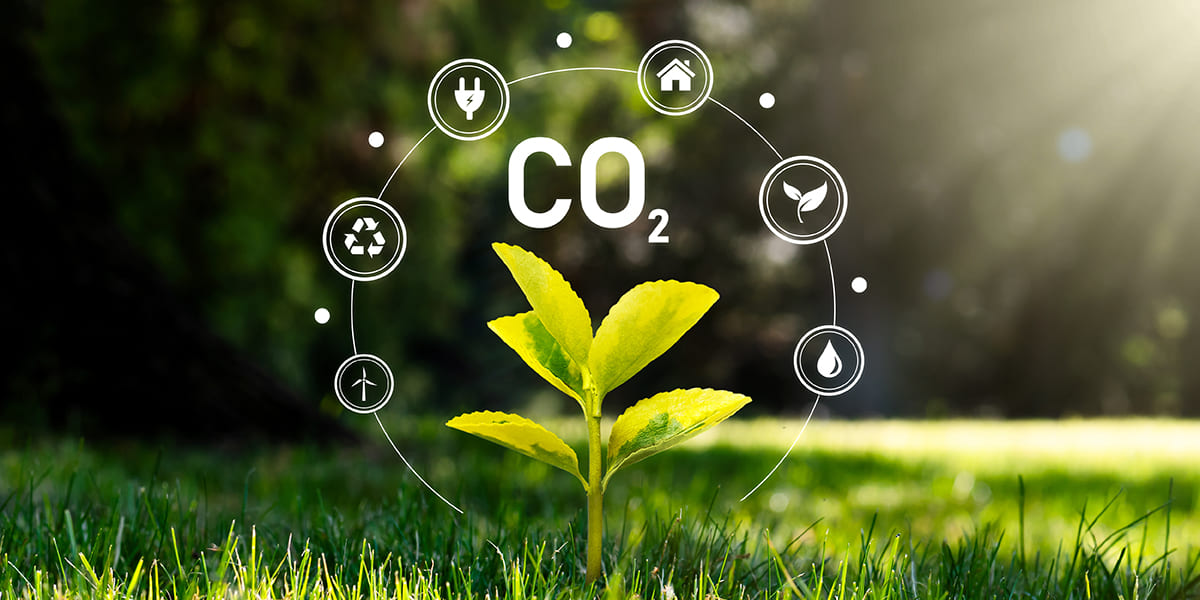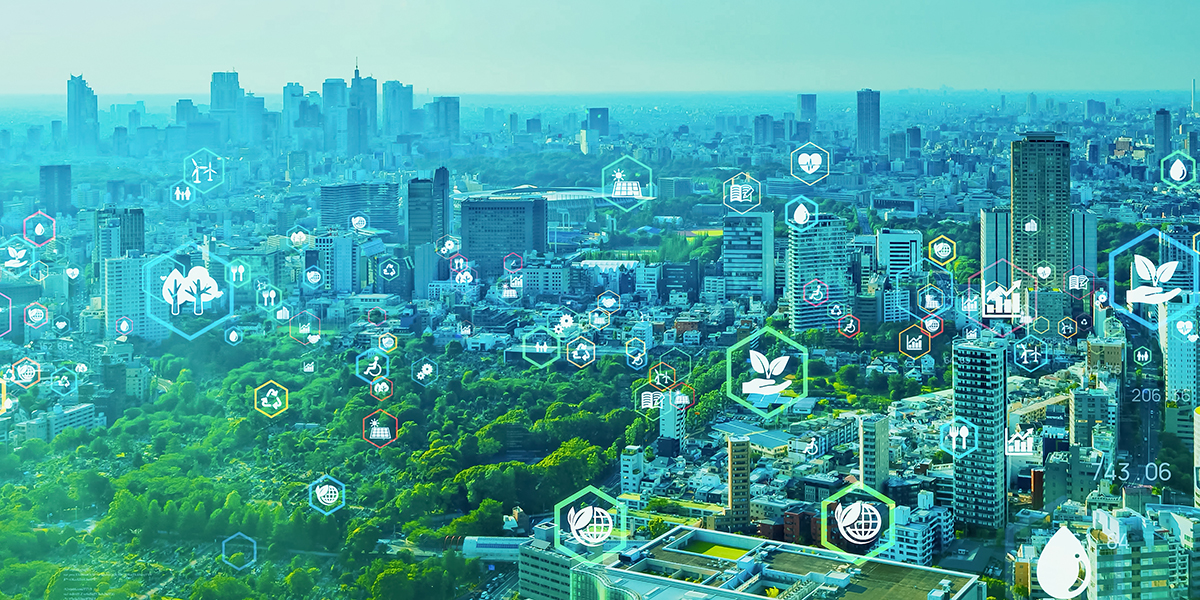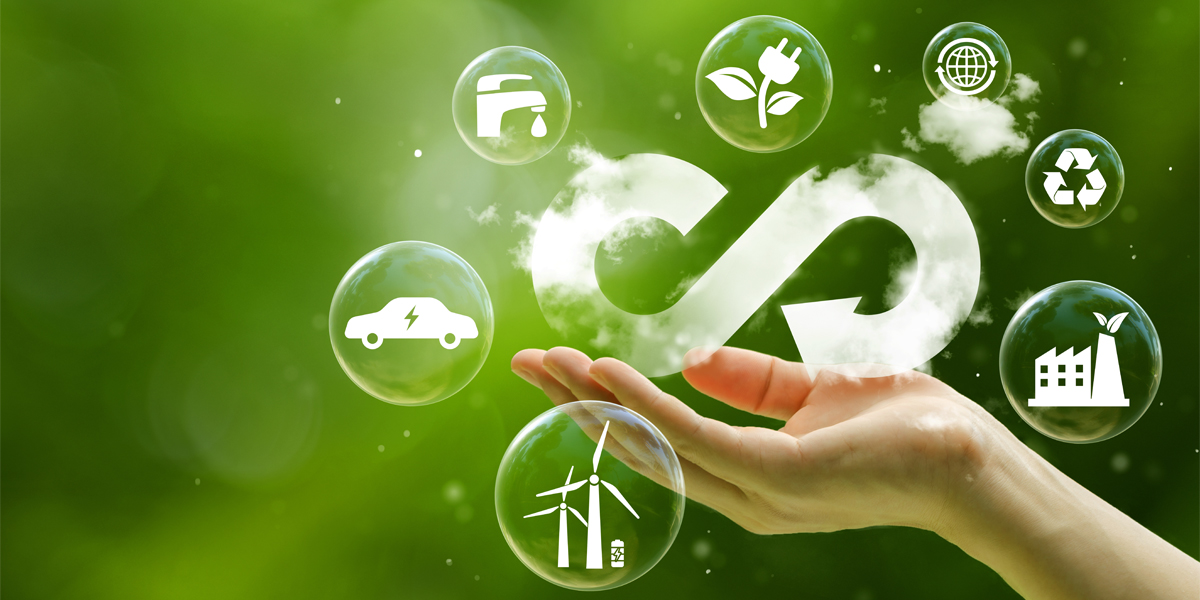Global Climate Change
We humans, on a cosmic scale, only live for a second. Given that the life span of our planet is billions of years, the average human age of 80 years flies by in the blink of an eye.
Despite, scientific evidence shows that we have had a significant impact on our planet since the industrial revolution, that is, over the past 262 years. We are changing our planet with the use of carbon-based energy and, unfortunately, not for the better.
Climate change refers to the variation of weather patterns, oceans, ice sheets, and other geographic patterns occurring on Earth over a long period of.
The brevity of human life affects our perception. Our daily worries, work, study, and personal future take up most of the short time that has been allotted to us. We all get hurt when we see wildfires and floods on the news, but for how long do we actually remember them? This dilemma is also indicative of a more fundamental situation regarding climate change. It is hardly possible to think of our efforts in our lives and our future apart from the future of the Earth.
We want to stop using carbon - based energy because it is like a toxic relationship that harms us. However, we need it, so we are forced to ignore its negative effects.
The developing countries benefit the most from carbon - based energy. For example, let's consider thermal power plants that evaporate water by burning coal and generate electricity from steam energy. Coal, when produced on a large scale, is energy efficient and cheap. We should also recognize that achievements in the field of green energy resources are not yet enough for use on a planetary scale. This, of course, may change in 10 years, but today the situation is exactly that.
Consequences of Global Climate Change
Climate change is not limited to rising temperatures; it also includes dire consequences such as droughts, floods, severe hurricanes, rising ocean and sea levels, acidifying oceans, and melting glaciers. Some of them have already started happening.
We know the climate is changing, and the calendar boundaries of the seasons are blurring. Recently, we have been observing unusual natural phenomena. Abnormal forest fires in our western and southern regions; floods that we are not used to seeing in the summer months; heat waves that have gripped Europe; all this is alarming for everyone who cares about the environment. So, what is in store for us in the future?
First of all, we need to note the following; when it comes to climate, forecasts can be wrong. Some predictions and models do not work properly at all. For example, the fallacious model that predicted that many countries would submerge in 2010 is an argument frequently used by some quarters to deny or despise climate change. Yes, that theory was wrong, and, again, yes, climate change is real. Our planet is changing, but we cannot foresee the future. At times like these, we must remember that researchers can be misguided and that the data we have on climate change is new compared to the age of our planet. We cannot see the future with clarity, but this should not prevent us from taking action at the personal, institutional, or national levels. From the most basic lifestyle changes, such as sorting out waste, to getting at least some of our energy from renewable sources at a company-level, and developing policies to reduce our carbon footprint as a country, these are all vital to us and the world.
What Level of Global Climate Change Is Considered Acceptable?
The widely accepted scientific consensus on tolerable levels of climate change is that a temperature increase of up to 2°C is acceptable. An average rise in temperature exceeding 2°C poses a danger in terms of melting glaciers and rising water levels, posing a threat to life. To maintain acceptable levels, the amount of CO2 in the atmosphere should not exceed 450 ppm (units per million). That does not seem easy, given that this value, which, in 1880, was about 291 ppm, in just 142 years exceeded 400 ppm.
A 2013 report titled “4°: Turn Down the Heat” prepared for the World Bank by the Postdam Institute predicts that the temperature increase will exceed 4°C in 2060 if the rate of carbon dioxide emissions does not decrease. It is not difficult to imagine that the planet is in for such devastating consequences as the melting of glaciers, the loss of habitats for animals and people, and the lack of food and water.
How Can We Fight Global Climate Change?
Steps such as recycling, saving energy, using energy sustainably, and reducing our carbon footprint are essential. However, we need more radical changes to help our planet.
The prime cause of global climate change is carbon emissions. The solution, of course, is to reduce and, if possible, eliminate these emissions. The key lies in using energy sources that are at least as efficient as their carbon-based competitors.
We need sustainable energy sources to be more efficient and widespread. There already are promising developments such as the fact that more and more developed countries are making this issue their main agenda; areas such as renewable energy are attracting more and more attention from large investors; and scientific and technological developments are gaining momentum.
We can produce energy from sustainable sources such as biogas, wind, solar, hydro power, etc. And once they reach scalable cost and performance, these technologies will spread to our entire planet, as it happens with any other development, and we hope the Earth breathes a sigh of relief again.
We must not forget that there are no small or insignificant measures concerning the climate. Keeping in mind that our personal future depends on the future of our planet, you, by properly managing your resources, reducing waste, and being aware of climate change, can also contribute to save the Earth.







TheBClog consists of rich content prepared by all Borusan Cat members on topics such as sustainability, productivity, future, technology, and the business world. The stories of success shared by the Borusan Cat members meet with the world at TheBClog in Turkish, English and Russian.